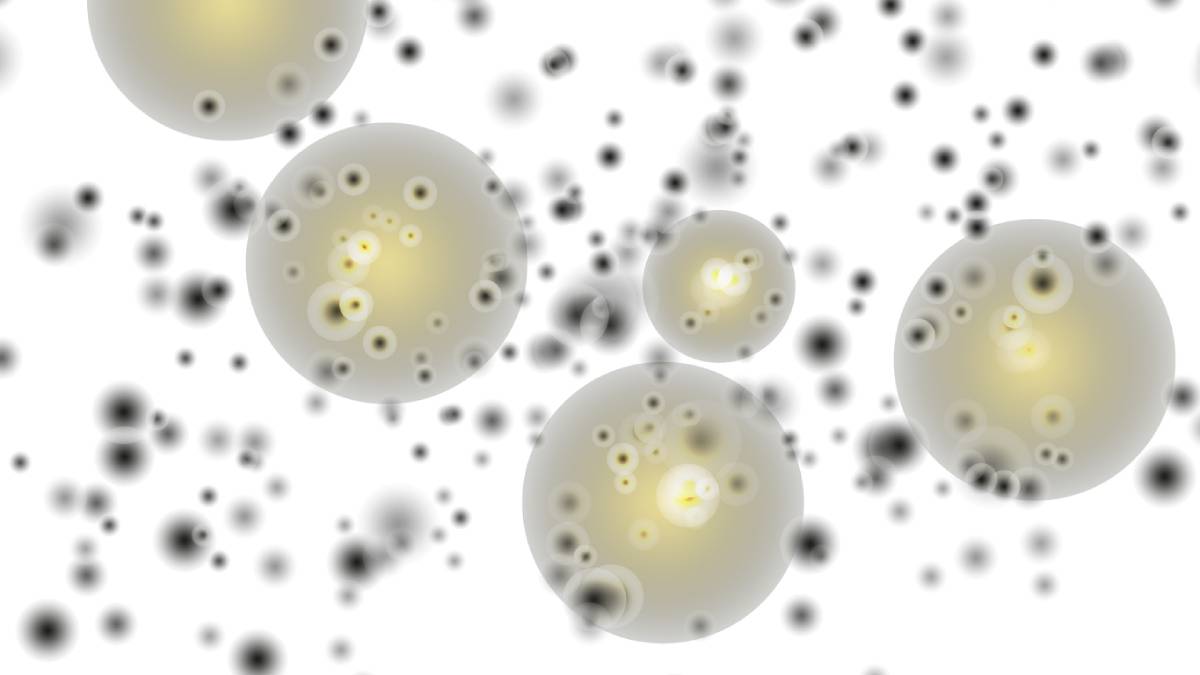Mold is harmful to your health and can cause serious health issues and unwanted symptoms. It is a fungal growth that forms and spreads very quickly. It often spreads in damp environments or environments with decaying organic matter, both outside and inside your home. Mold quickly spreads as it produces spores that travel through the air. For some, the presence of mold can trigger an allergic reaction. Below, you will find the top signs you have mold allergies and what you can do about them.
Signs You Have Mold Allergies
Mold allergies cause your immune system to overreact. This occurs when you breathe in mold spores. A mold allergy can cause several unwanted symptoms. If you experience one or more of the following, consult with an allergy and asthma specialist. They can help diagnose the problem and provide you with an effective treatment plan.
Runny Nose:
Many people with mold allergies mistake their symptoms for the common cold. Mold allergies can easily cause a runny or stuffy nose. Nasal congestion is a common symptom that you are allergic to mold.
Watery Eyes:
As with a runny nose, watery eyes are a common symptom among those who are allergic to mold. Watery eyes and itchiness can leave your eyes looking red and tired.
Sneezing:
Mold spores are present in the air and can irritate your nasal passage. This irritation can lead to frequent sneezing as your body tries to get rid of the irritant. Frequent sneezing is often more than just the common cold so it’s important to work with an allergy specialist.
Wheezing:
Coughing and wheezing are common signs that you are allergic to mold. Mold spores irritate your respiratory system as the spores are present in the air. If you have asthma, the presence of mold can exacerbate your current respiratory condition.
Rash:
Coming into contact with mold can cause a serious skin reaction. It is not uncommon for those who are allergic to mold to experience a skin rash or hives. It’s critical to consult with an allergy specialist to ensure your allergies are effectively managed.
If you experience these symptoms and they are persistent, it’s important to contact an allergy specialist. Untreated allergies can lead to more serious health issues. This is especially true for those who already have respiratory health issues, such as asthma or chronic obstructive pulmonary disorder (“COPD”).
How to Prevent Mold Growth
Protecting your home from mold growth can ensure you and your family are protected. Several measures that can reduce the risk of mold growth in your home. Consider the following and prioritize implementing them into your routine.
Reduce Dampness:
Eliminate anything in your home that is damp. From groundwater seepage to leaky pipes, excess water can easily turn into a mold problem. In addition to dampness, clean up liquid spills right away to ensure that your home is free from mold.
Dehumidifier:
A dehumidifier can reduce the risk of mold in your home. It is designed to keep humidity levels low. Place the dehumidifier in damp areas, including the bathroom and kitchen areas. For those with respiratory issues, keep one in your bedroom as well.
Bathroom Ventilation:
The bathroom can easily stay damp and become a breeding ground for mold. Be sure that your bathroom is properly ventilated to reduce the risk of mold in your home. Open the windows and keep the fan on when bathing or showering for optimal results.
Allergy Specialist
If you experience any symptoms of mold or other allergies, contact a specialist right away. Dr. Shukla has helped countless patients manage their allergies with ease. Contact his office today to schedule an appointment!

